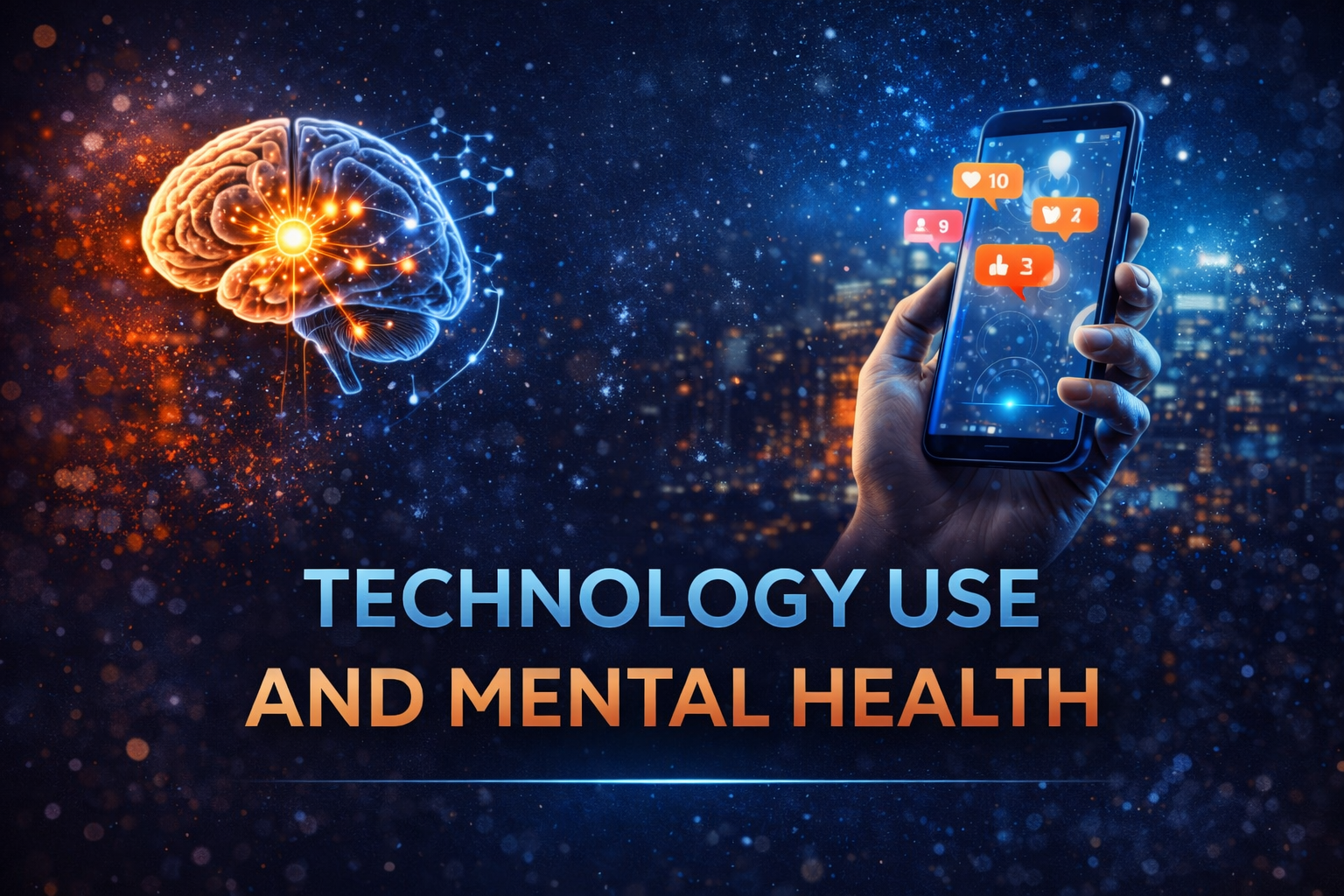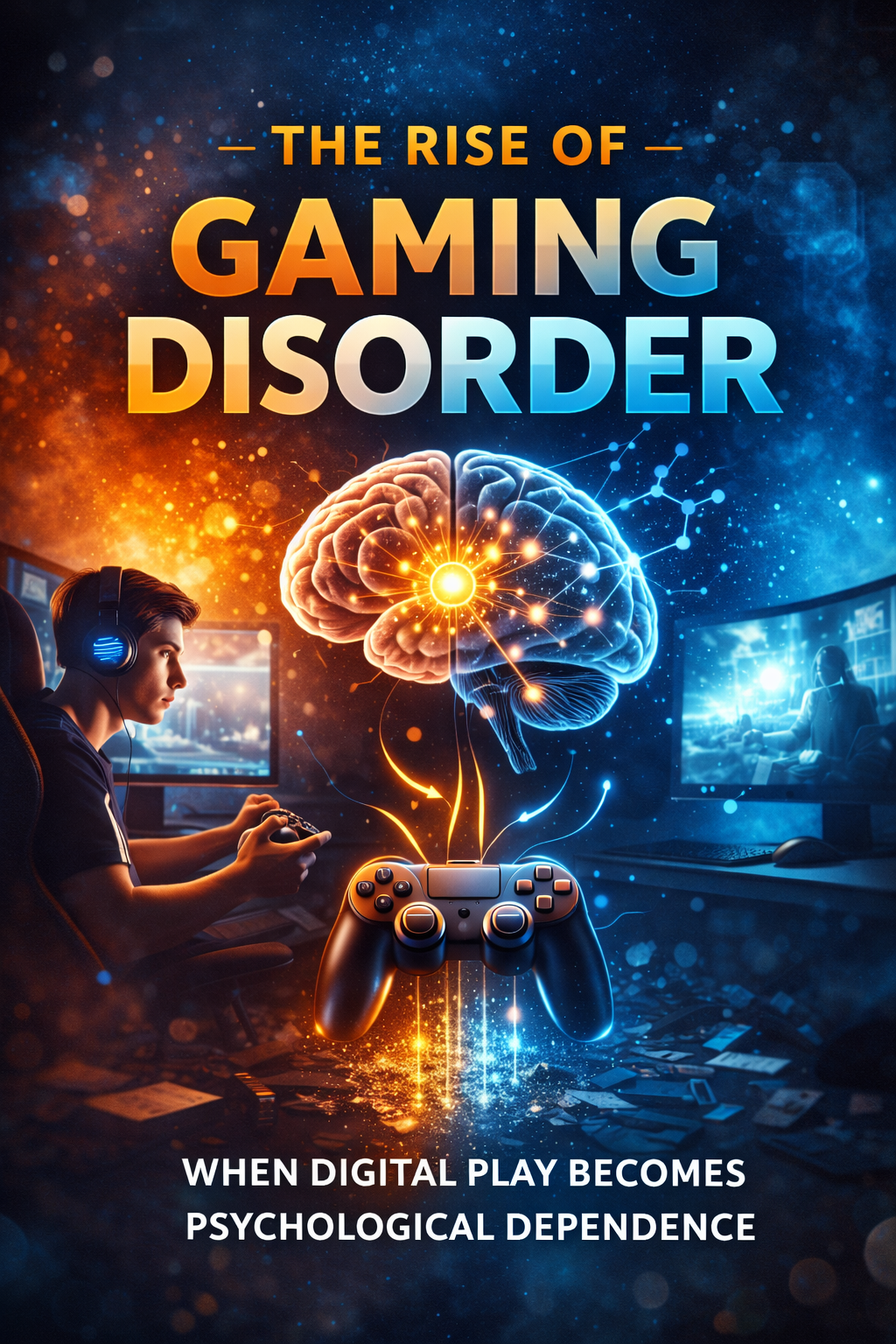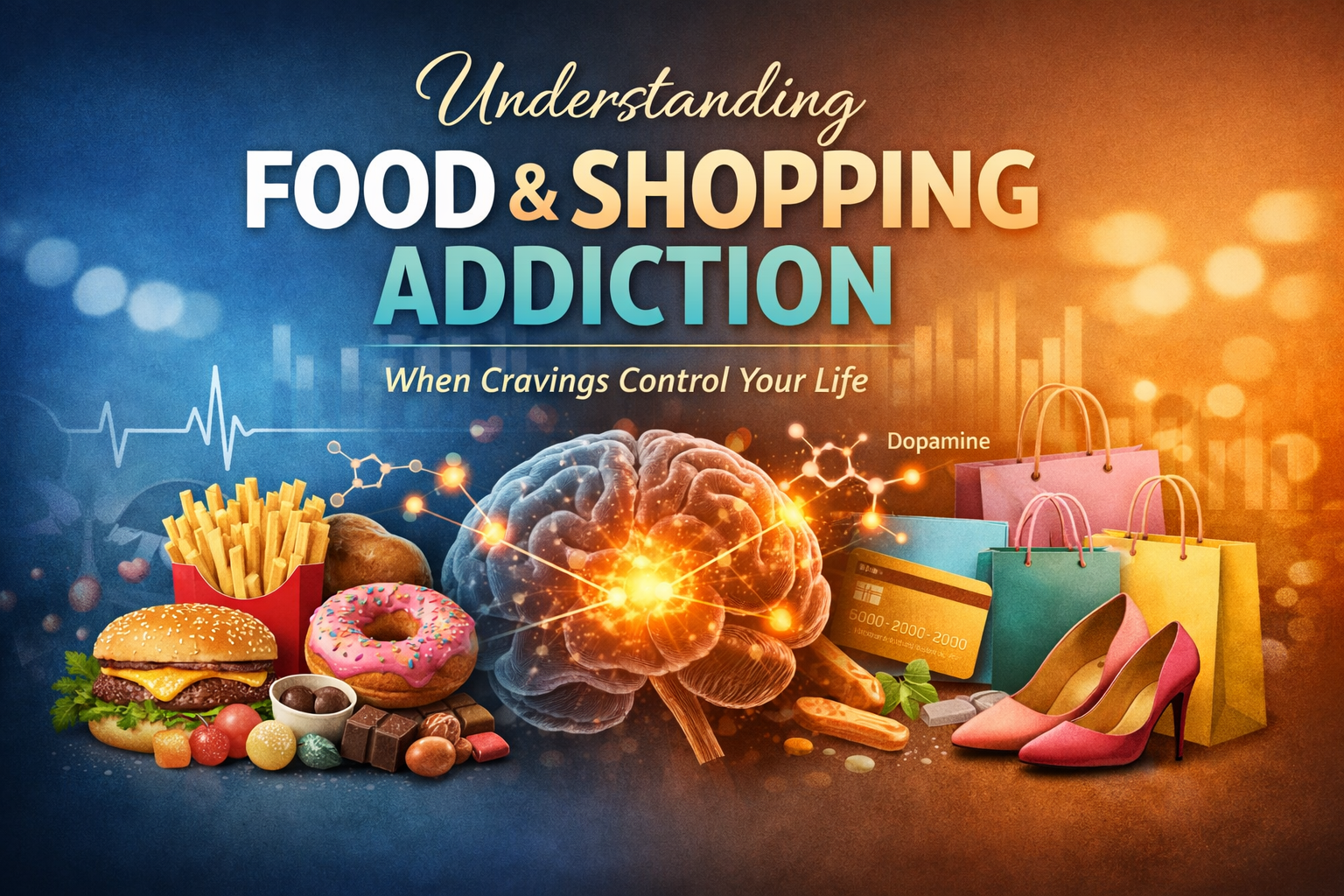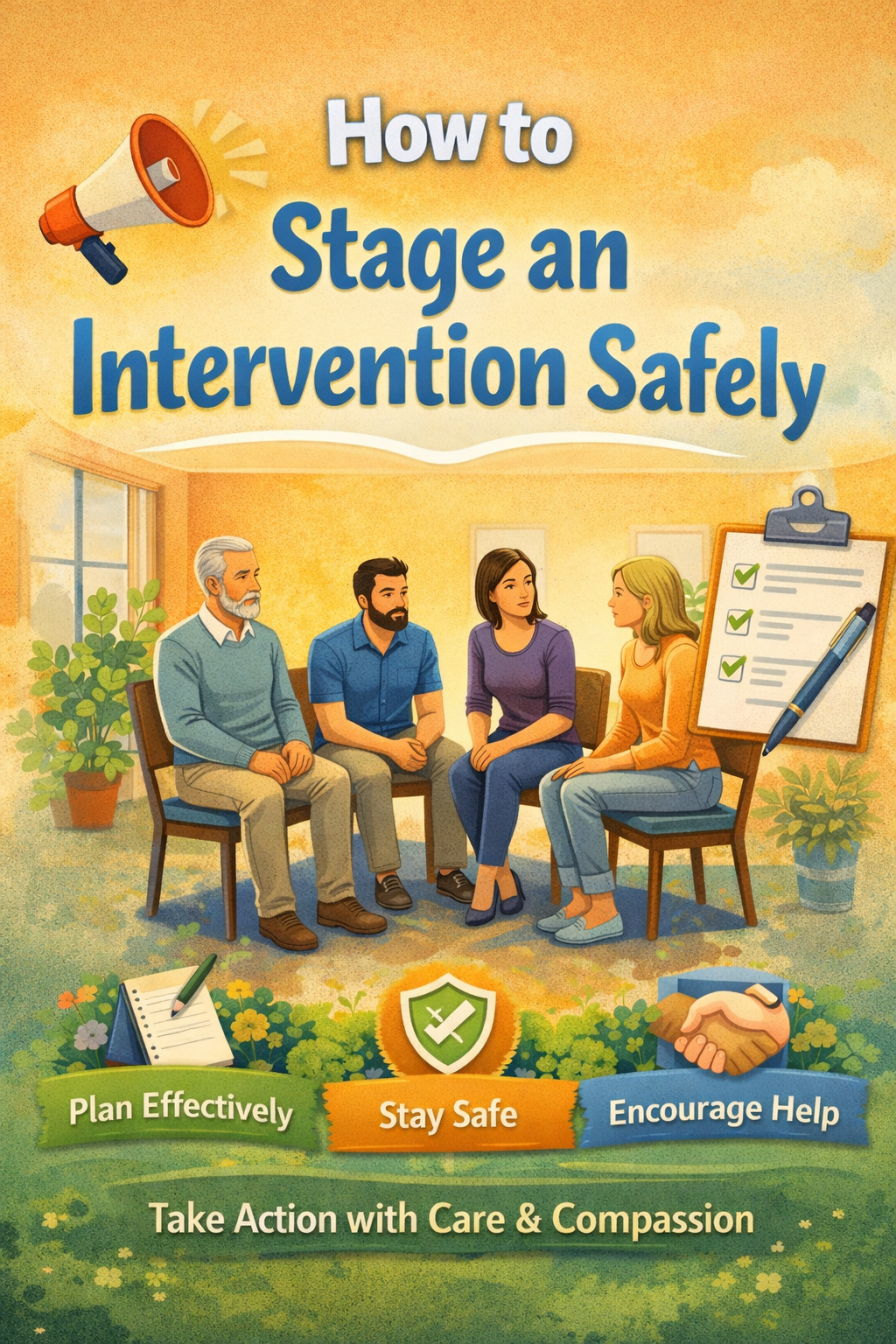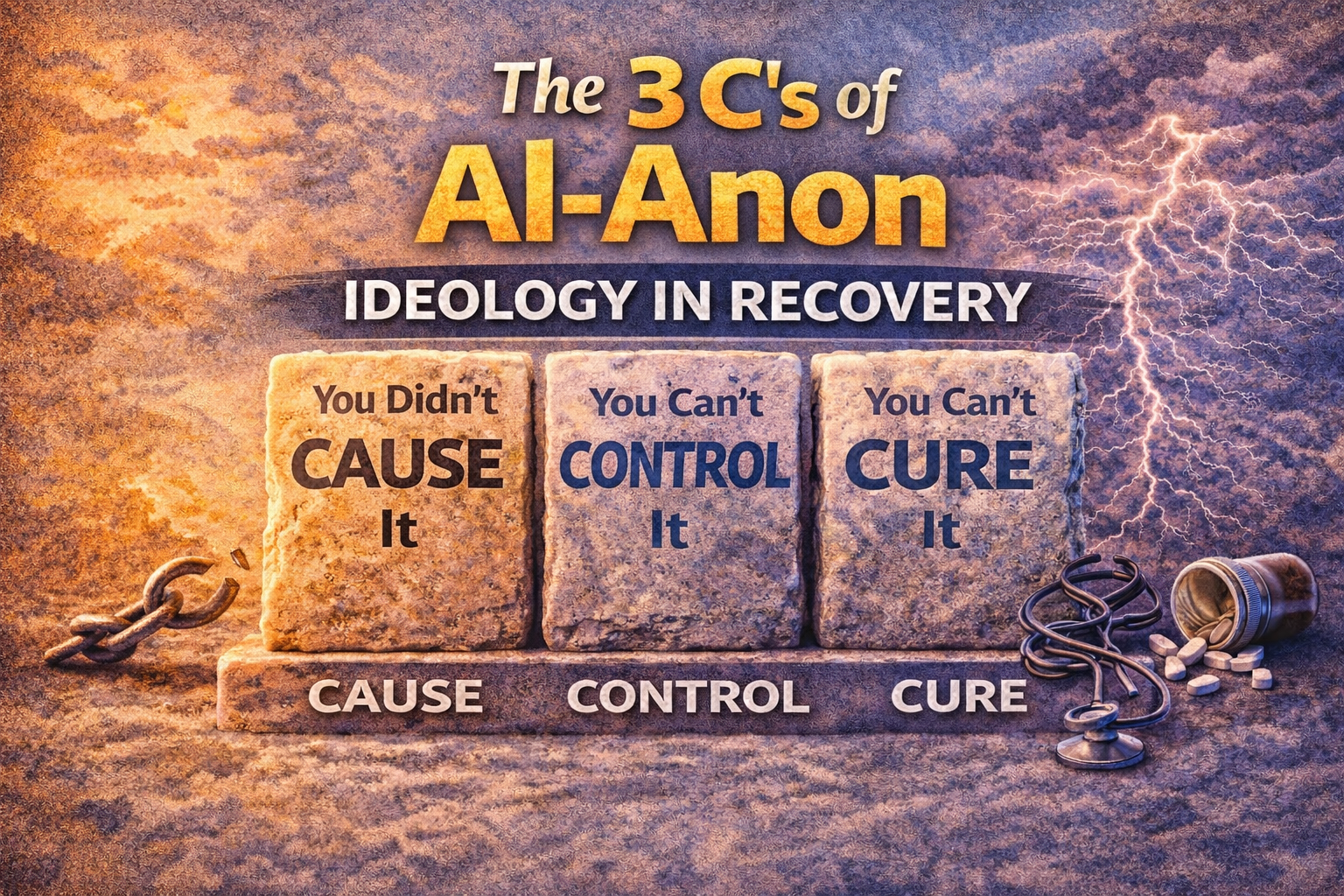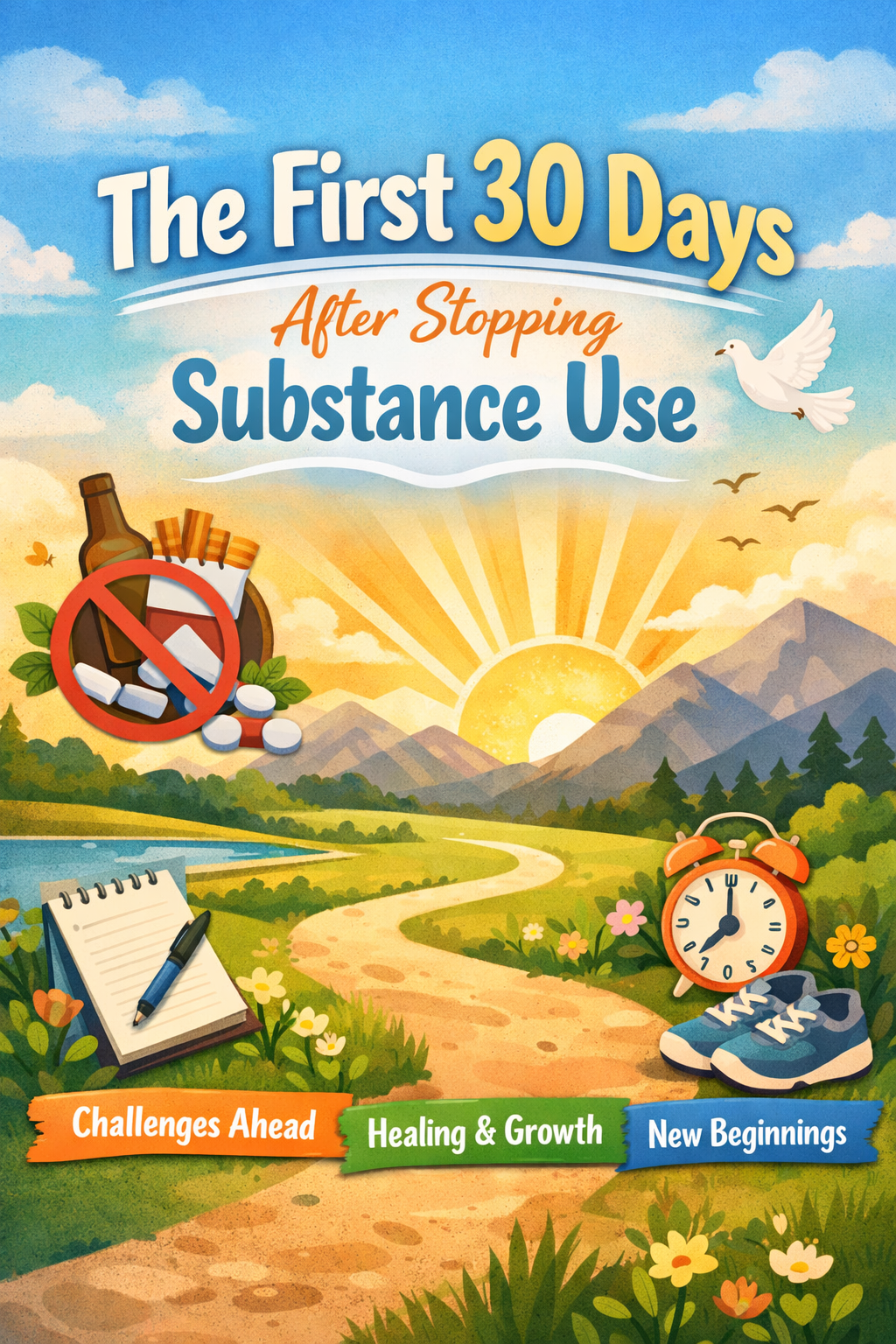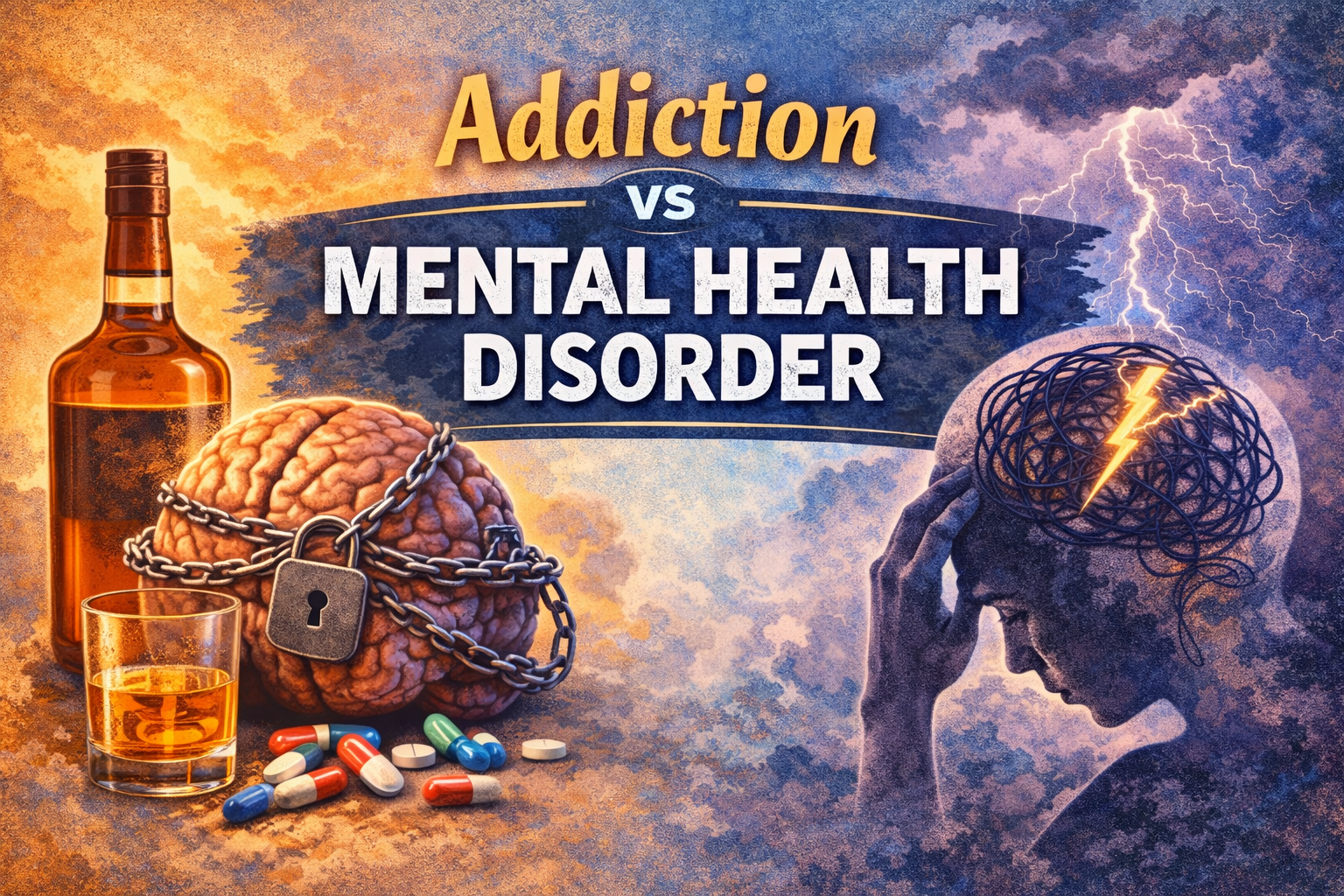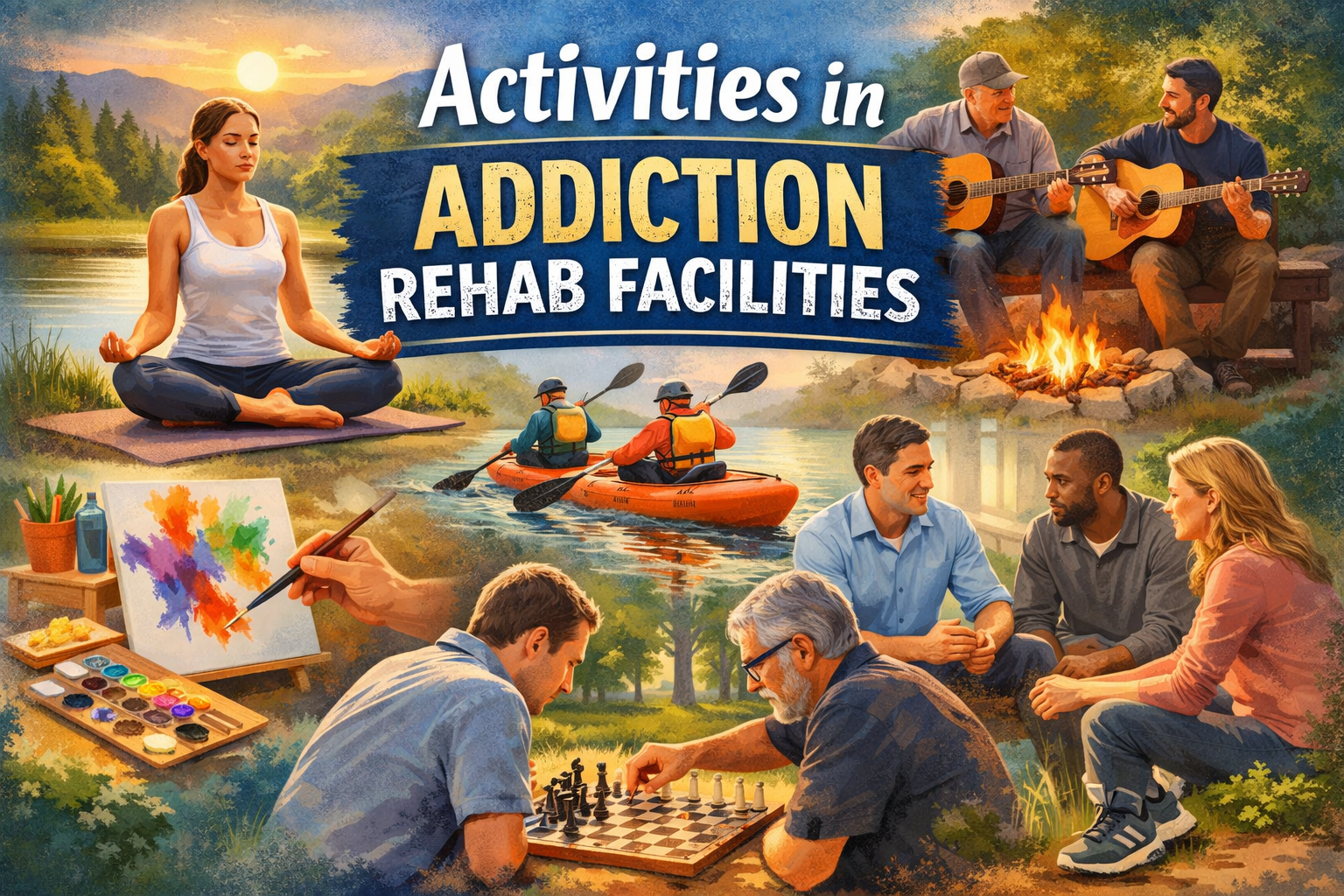Smoking and Colon Polyps
Smoking affects more than the lungs and can lead to colon polyps. Although many polyps are noncancerous, some can develop into colorectal cancer. Because polyps often have no early symptoms, quitting smoking and regular screenings are important for prevention. The Hidden Danger of Smoking and Colon Polyps How Tobacco Use Quietly Increases Colorectal Cancer Risk … Read more


